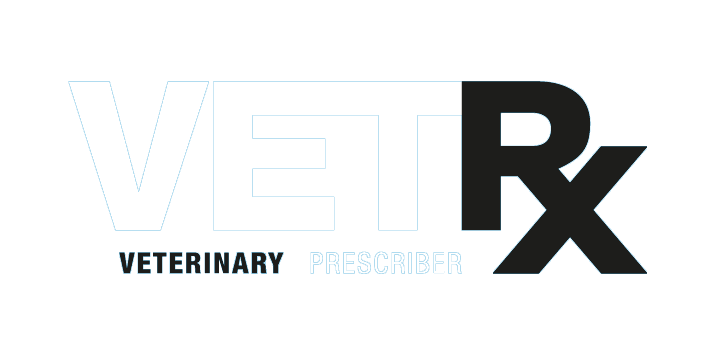Veterinary medicines and the environment - CLiVE one year on
CliVe workshop December 2022
Near the end of 2022 I took part in a CLiVe workshop. CLiVe, which stands for Carbon Literacy for the Veterinary Community, was developed by Vetwork UK and is accredited by The Carbon Literacy Project. The aims of CLiVE workshops are to improve knowledge and understanding of climate change and global biodiversity loss, the evidence that they are man-made, and the realities of climate justice, and also the ability to communicate about these. CLiVe is a facilitated workshop involving small groups of people from across the veterinary community. Every CLiVe workshop participant is asked to commit to two meaningful actions to help address climate change and biodiversity loss: one personal and one work-related.
Importantly, CLiVe addresses biodiversity as well as climate change. This is because climate change and biodiversity are connected: climate change is one of the main drivers of biodiversity loss, and destruction of ecosystems undermines nature’s ability to regulate greenhouse gas emissions and protect against extreme weather. This is why the two crises must be tackled together.
CLiVe commitment
Veterinary medicines have an impact on the environment through the carbon footprint of the manufacture and supply of products; the greenhouse effect of inhalation anaesthetics; the emissions generated from burning medicines waste, and the drugs that end up in the environment after excretion and disposal and where they may continue to have a biological effect; parasiticides are a particular concern because of their widespread use and obvious potential for harming invertebrates in the environment.
My work-related CLiVe pledge is to help others, through Veterinary Prescriber, to use veterinary medicines more sustainably. From its foundation Veterinary Prescriber’s purpose has been to enable veterinary professionals to use medicines in the best interest of animals, their owners and the environment by providing impartial, evidence-based, comparative and practical evaluations.
Making optimal treatment choices, eliminating unnecessary use of medicines and reducing medicines waste are inherent in the sustainable use of medicines. While Veterinary Prescriber is all about the sustainable use of medicines here is some of the more obviously environment-relevant content:
A free online resource on medicines and the climate/environment to help share information about the relationship between medicines use and climate change and pollution.
Free-to-access Veterinary Prescriber blogs that help inform about the relationship between veterinary medicines (particularly companion-animal parasiticides) and the environment.
An online resource for pet owners to help avoid water pollution from topical parasiticides washing off into water: safedogswimming.org was developed in collaboration with a group made up of veterinary surgeons and environmental scientists.
A CPD module for Veterinary Prescriber subscribers on reducing medicines waste: Stop losing money on medicines - and protect the environment.
A CPD module for Veterinary Prescriber subscribers on cat and dog parasiticides and the environment. This is an addition to the many other learning modules aimed at promoting the rational use of parasiticides.
There is an urgent need to consider the environmental aspects of medicines use. More sustainable use of veterinary medicines can be achieved through their rational use - that is, using medicines appropriate to the clinical needs of the animal, while causing least harm to that animal, to the human handling the medicine, and to the environment.


